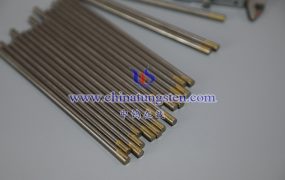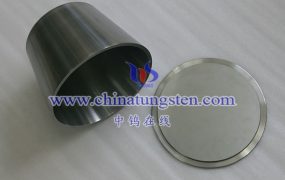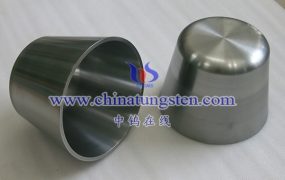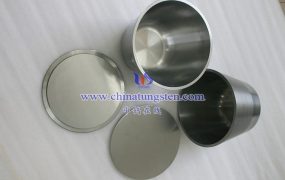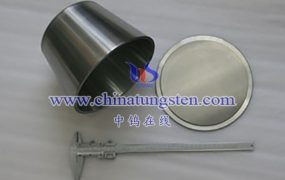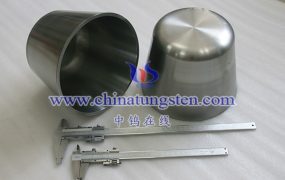Molybdenum electrodes play a key role in glass melting. The following are some of the main functions of molybdenum electrodes in glass melting:
Heating effect: Molybdenum electrodes are used as heating elements to provide heat energy to the glass through resistance heating. It can withstand high temperature environment and convert electrical energy into heat energy, so that the glass material can reach the melting point and keep it in the suitable process temperature range.
Temperature control: Molybdenum electrodes can precisely control the temperature of molten glass. By controlling the magnitude of the current and the heating time, the calorific value of the molybdenum electrode can be adjusted, thereby realizing accurate control of the temperature during the glass melting process.
Uniform heating: molybdenum electrodes have excellent electrical conductivity and can provide uniform heating effects. It can evenly distribute electric current and heat energy to the whole glass material, avoid hot or cold spots, and ensure the uniform heating and melting of glass material.
Chemical stability: Molybdenum electrodes have excellent chemical stability and can resist corrosion and chemical reactions during glass melting. It will not react negatively or generate impurities with the glass material, ensuring the purity and quality of the glass.
High temperature resistance: Molybdenum electrodes can withstand long-term use in high temperature environments without deformation, melting or deterioration. This makes it an ideal material for high temperature glass melting with consistent performance and longevity.
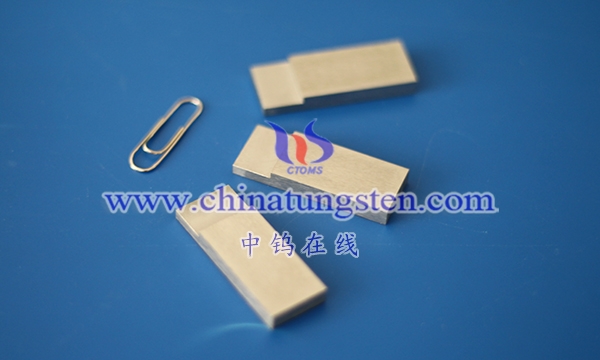
More details of molybdenum or molybdenum alloy products, please visit website: http://molybdenum-alloy.com/index.html
Please contact CHINATUNGSTEN for inquiry and order of molybdenum alloy products:
Email: sales@chinatungsten.com
Tel.: +86 592 5129595
